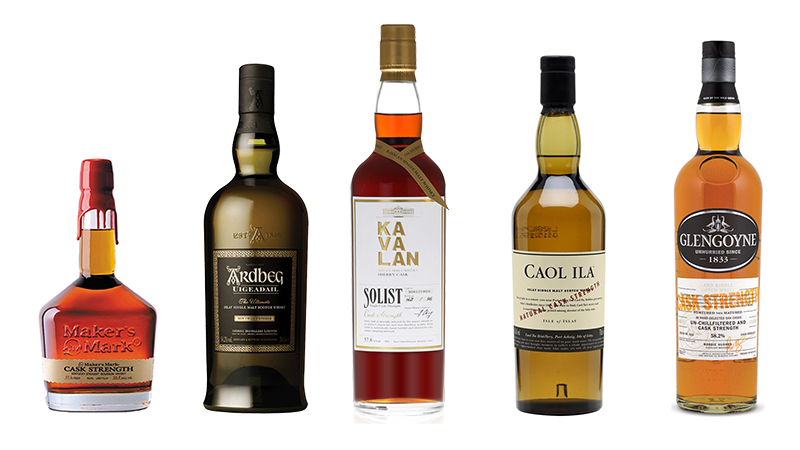
Having a direct approach to whiskey is not an easy task: it is a beverage with a minimum of 40 degrees, a quite higher ABV if compared with other drinks, such as beer and wine for examples. Whiskeys feature the benefit that they can be diluted with water. This is a good starting point. It is worth noticing that adding water is an “irreversible process”, modifying the intrinsic characteristics of the product we are tasting. As a secondary point, the absolute quality of some whiskeys can only be perceived by tasting them full strength, thus by adding water we might alter the inner nature a product, as thought by the manufacturer, should unveil. Let us consider as examples “cask strength” Ardbeg, such as Corryvreckan and Uigeadail. Adding water we “domesticate” them, but we also modify the characteristics: alcoholic intensity, persistency and aromas that only cask strength can deliver.
It is worth reminding, especially to beginners, that it is not always simple to be confronted with pure spirit, not even taking into account the cask strength (also called full strength) ones. Even 40% ABV can be tough to face if we do not have the right experience. We run the risk to ruin the experience. Our
suggestion is the following: try, try, try. Start with low % ABV, 40, or 43, or 46, maybe also diluting these products at the beginning, with some drops of water up to 1/3 of the total, in order to reach a comfortable alcohol intensity. Later on, when the palate will get used to these sensations, we could approach the full strength samples: several products are available on the market which can be considered as suitable for this task, in addition to the already mentioned, Ardbeg Glendronach Cask Strength, Lagavulin 12 years, Aberlour A’Bunadh and Glengoyne Cask Strength cannot be forgotten. These are excellent products, all of them, and with a good price/quality combination, which will be discussed later on. And keep in mind: the journey has to start from somewhere.

